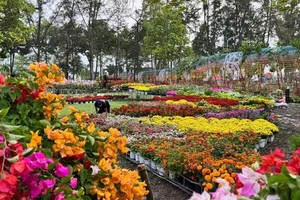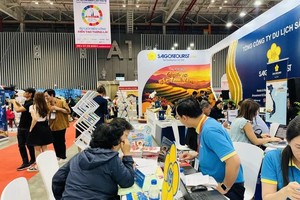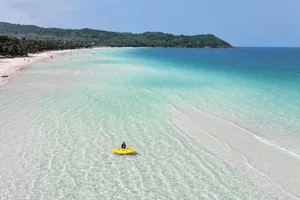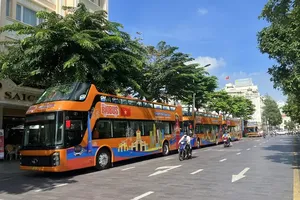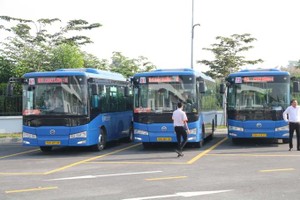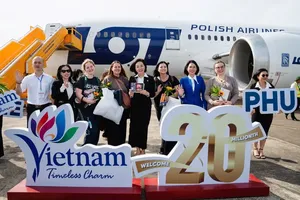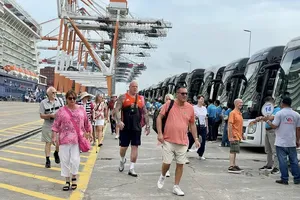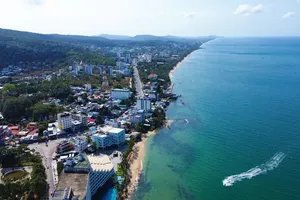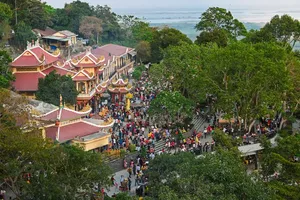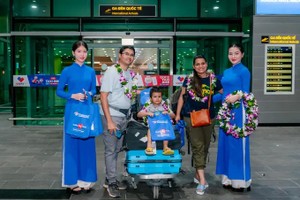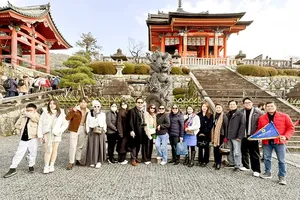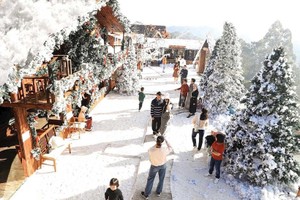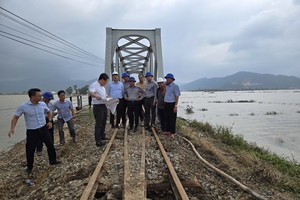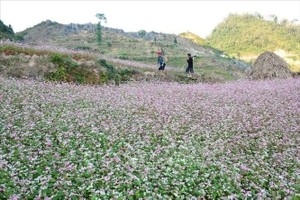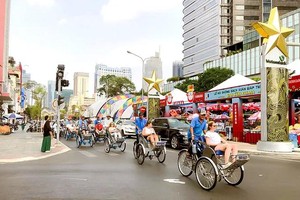Tourism chiefs of the 10 ASEAN member countries have approved a declaration manifesting their common desire to boost tourism growth and align regional ecotourism destinations during a roundtable in Champasak, Laos on June 22 as part of the first-ever ASEAN Ecotourism Forum.
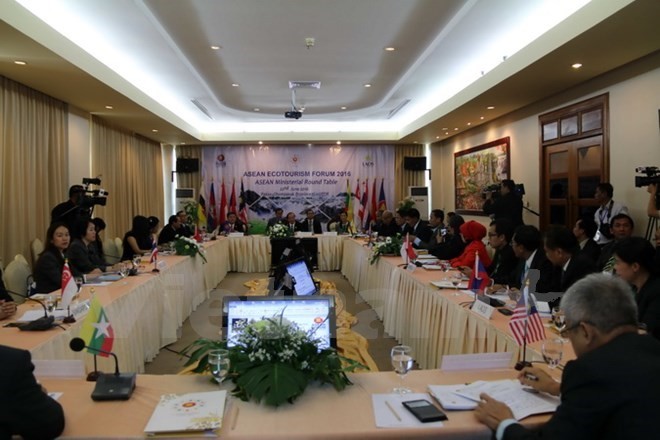
The Pakse Declaration on Roadmap for Strategic Development of Ecotourism Clusters and Tourism Corridors focuses on sketching a partnership plan in sustainably using natural resources, bringing economic benefits to locals in rural areas, and developing the subregional ecotourism network.
The declaration will be submitted to leaders of the association at the ASEAN Summit in Vientiane in September.
The tourism chiefs asked ASEAN tourism agencies to join hands in implementing the roadmap in coordination with ASEAN partners, including international organisations and ASEAN centres in China, Japan and the Republic of Korea, as well as the private sector.
hey hailed Laos’ idea to hold the forum, which gives a chance to both public and private sectors in ASEAN’s tourism industry to form a network and seek strategies for tourism development.
They underscored the importance of the connectivity between ecotourism destinations with roads and waterways, thus setting up ecotourism clusters and corridors throughout ASEAN members regardless geographical and natural borders.
his will open up new economic prospects in areas along roads and sea routes, they affirmed, describing it as an important economic initiative for job creation and community development, which helps revive natural resources and bring changes to poor rural areas.
At the forum, Deputy Minister of Culture, Sports and Tourism Dang Thi Bich Lien proposed that ASEAN make full use of its available online tourism portal to help people discover the regional ecotourism.
She suggested tourism working groups promote their role as coordinators to boost intra-bloc cooperation, thus realising the Pakse Declaration.
As an active country in ASEAN tourism partnership, Vietnam has paid much attention to ecotourism as well as responsible travelling, which has been shown in its Tourism Law and relevant documents, she said.
The Vietnamese Government has also issued a Vietnam tourism strategy until 2020 with vision to 2030, focusing on developing sustainable tourism in line with preserving and promoting national cultural values and protecting the environment, she added.
